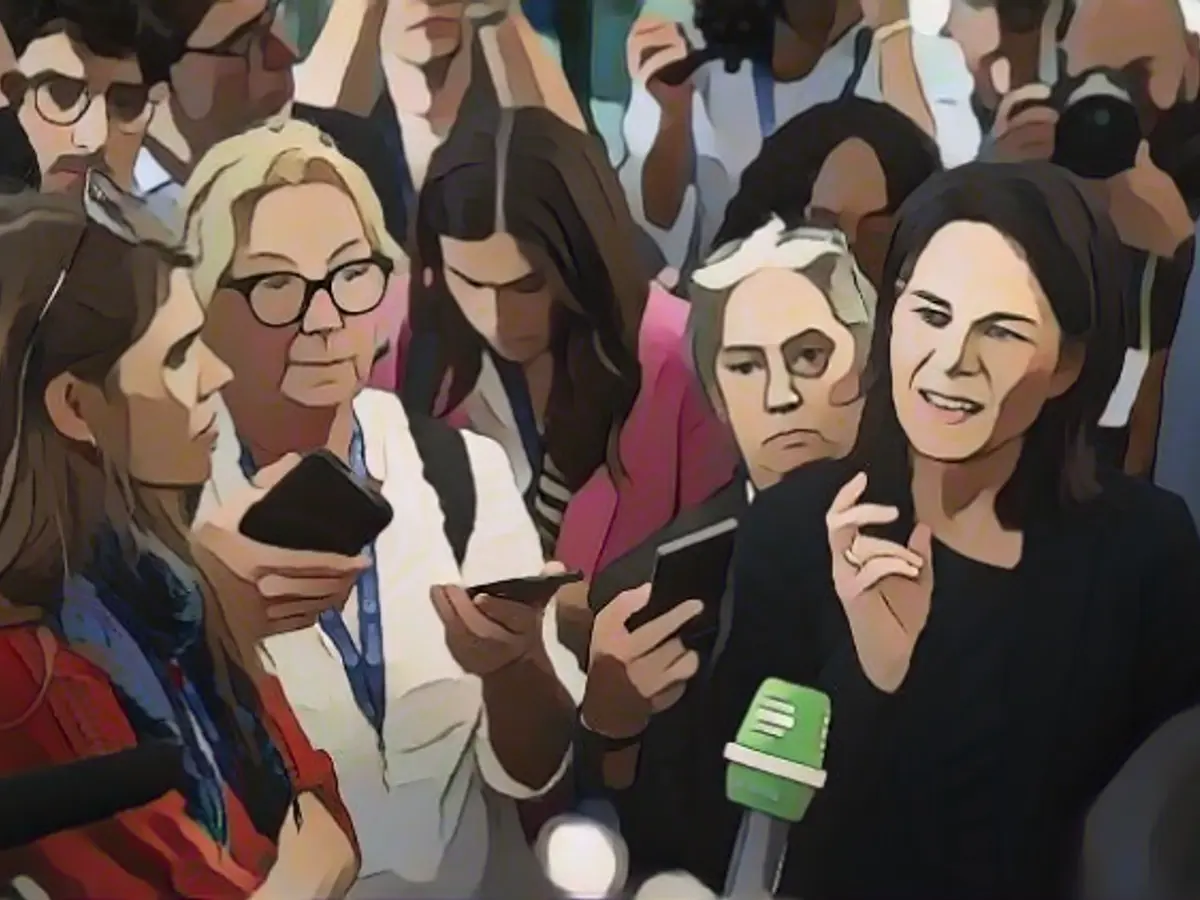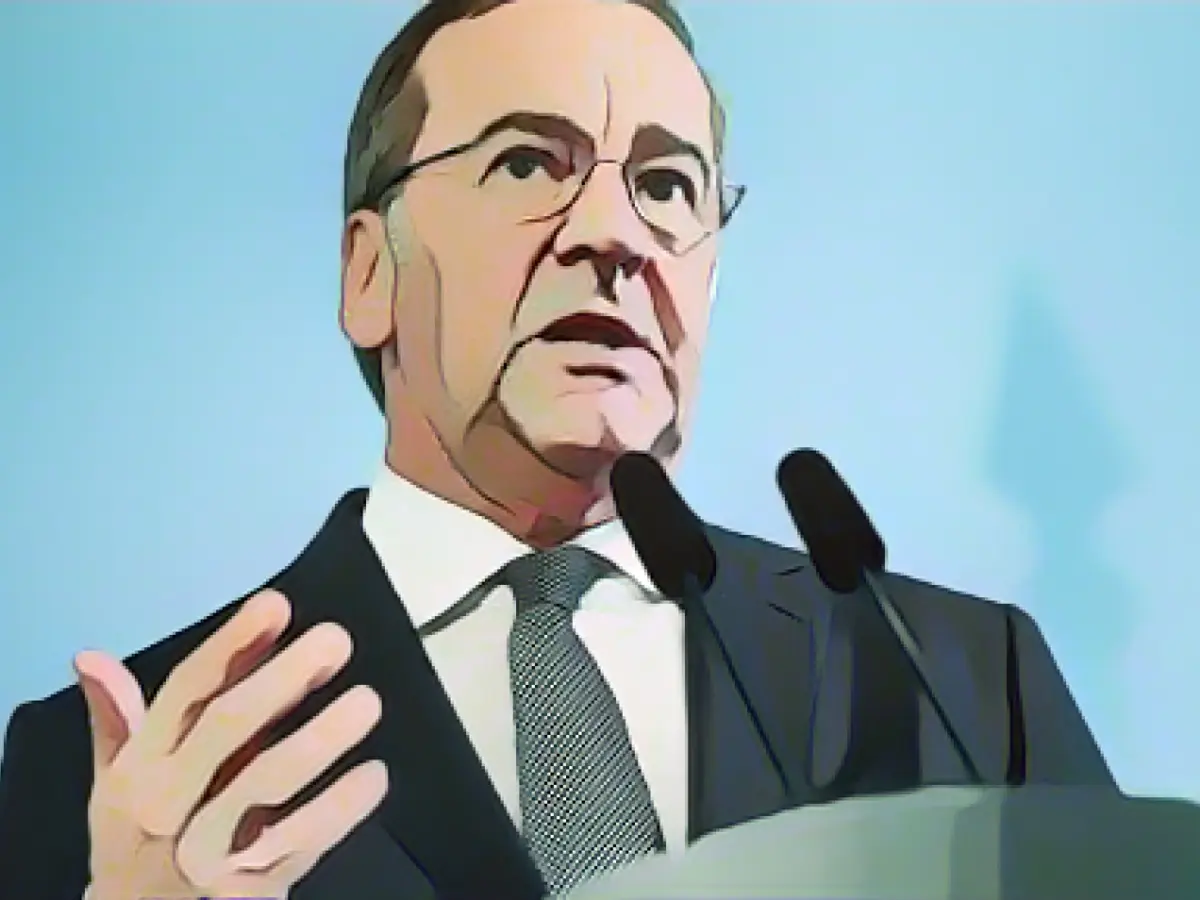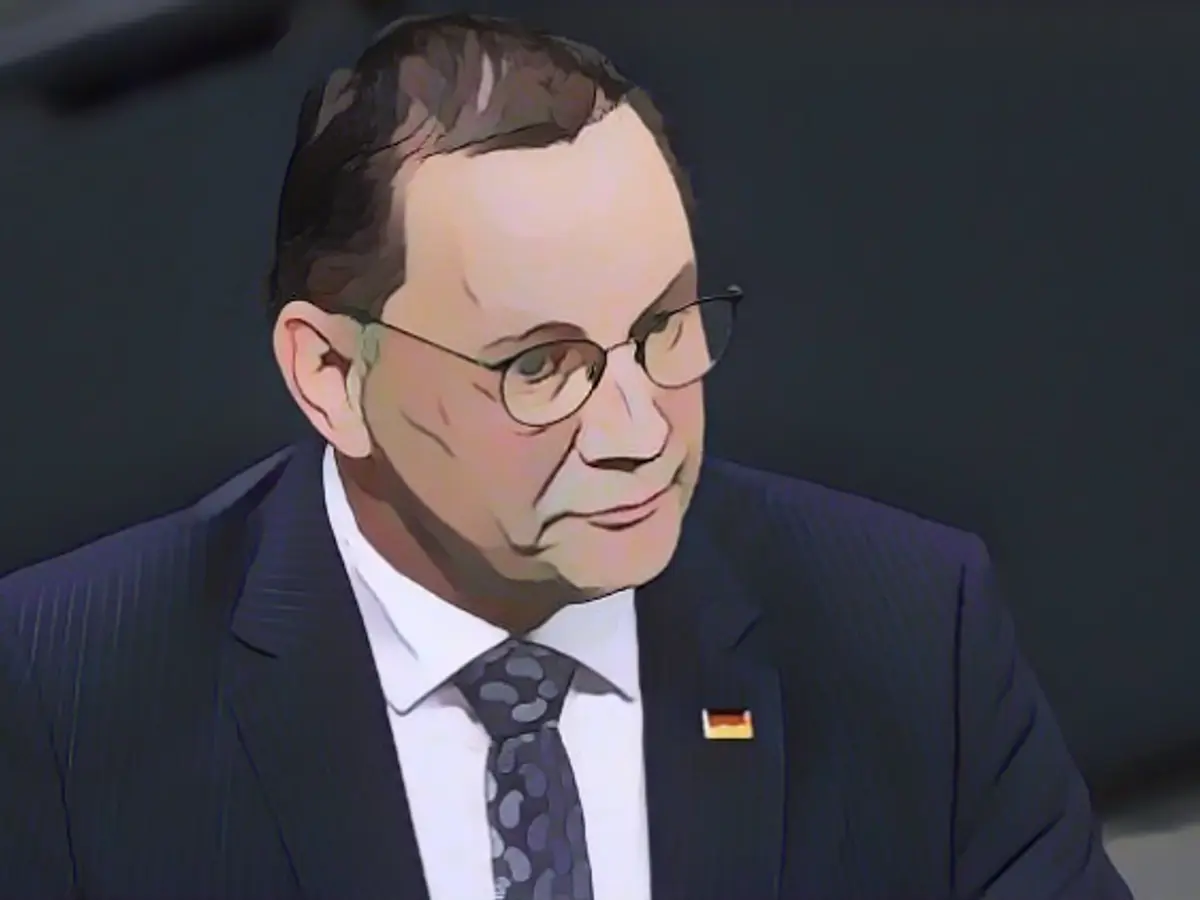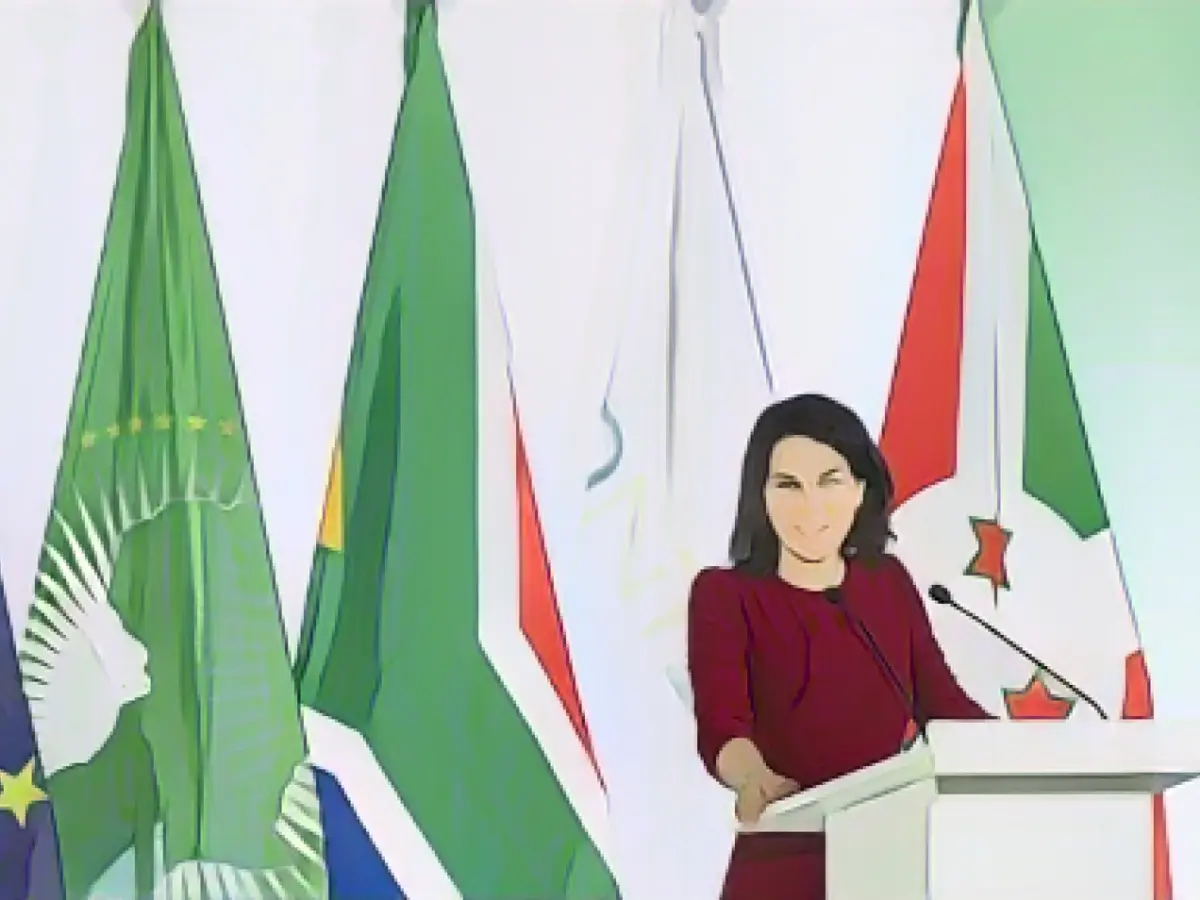COP28: A Mixed Bag for Climate Activists and Small Island States
The UN Climate Change Conference in Dubai saw a host of international figures praising the outcomes, including Annalena Baerbock, Ursula von der Leyen, and Emmanuel Macron. However, climate activists and representatives of small island nations were left feeling disappointed.
Baerbock, the German Foreign Minister, celebrated the decision as a "turning away" from fossil fuels. Although the agreement called for reducing reliance on fossil fuels, it lacked explicit commitments towards a clear phase-out, which had been an aim of many attending the conference.
Economist Robert Habeck and Development Minister Svenja Schulze shared Baerbock's optimism, emphasizing on the opportunity to transform industries and seize the growing potential of renewable energy sources. Additionally, Environment Minister Steffi Lemke considered the decision a "good compromise" signaling the beginning of the "post-fossil era."
However, Fridays for Future expressed their concern, aiming for a more aggressive shift away from fossil fuels. According to Clara Duvigneau, a representative from the group, the future now depends on the actual implementation of the transition outlined in the agreement.
The small island states, often at greater risk from climate change, expressed reservations and pressed for more decisive action. Samoa's chief negotiator Anne Rasmussen called for "an exponential step" towards change, while Marina Silva, the environment minister of South America's largest country, demanded richer nations to lead in the energy transition and to provide the necessary resources to developing countries.
The COP28 agreement saw various countries commit to tripling renewable energy sources and doubling energy efficiency by 2030, generally considered a substantial step forward in the fight against climate change.
Further Insights:
- The UAE Presidency's focus on phasing out fossil fuel emissions is an important step in transforming the energy sector, as experts and civil societies pose. Tripling renewable energy capacity and doubling energy efficiency by 2030 is a daunting but potentially transformative goal.
- Critics question the involvement of the UAE's state-owned oil company, Adnoc, as the conference's Transition and Just Transition Working Groups fell short of their objectives in identifying sustainable transition strategies.
Source:
Enrichment data was incorporated sparingly to provide context and background regarding the COP28 conference.








